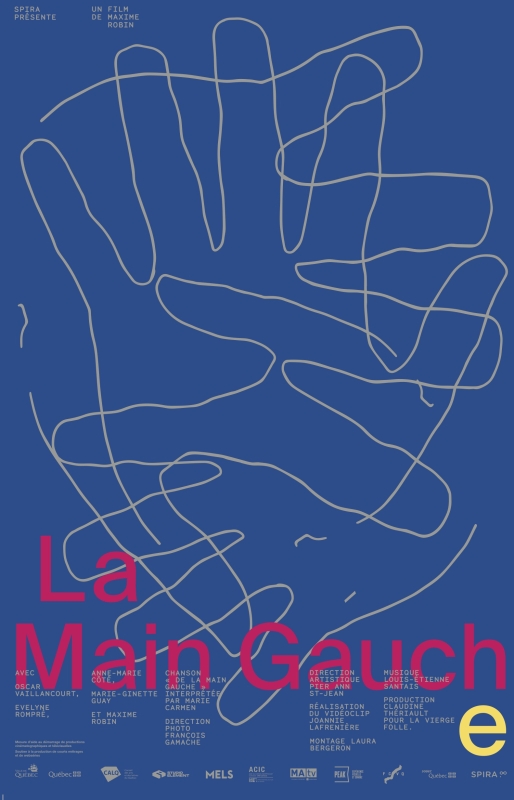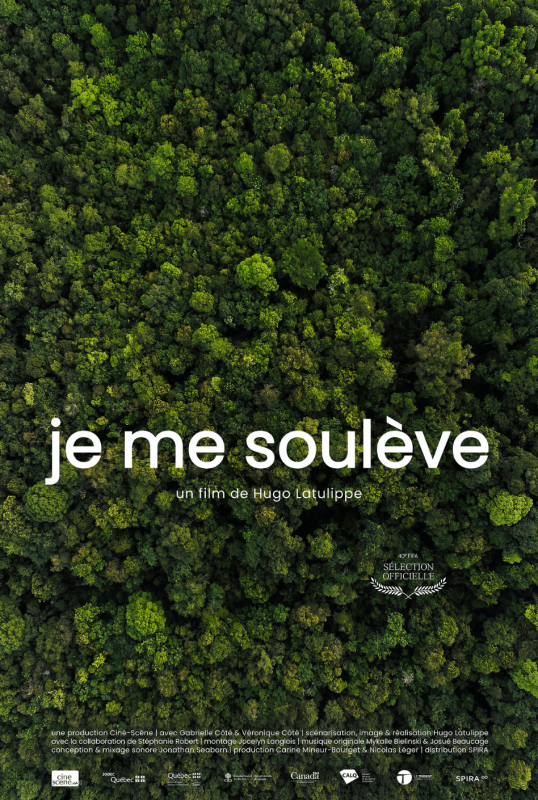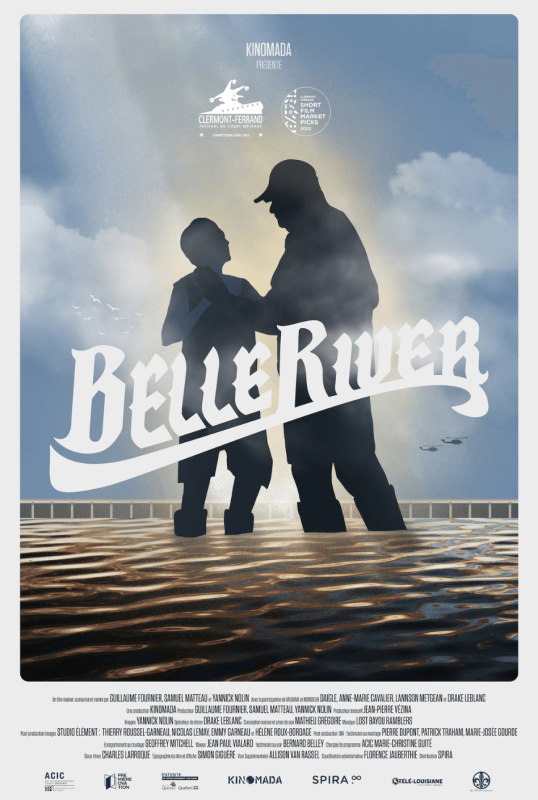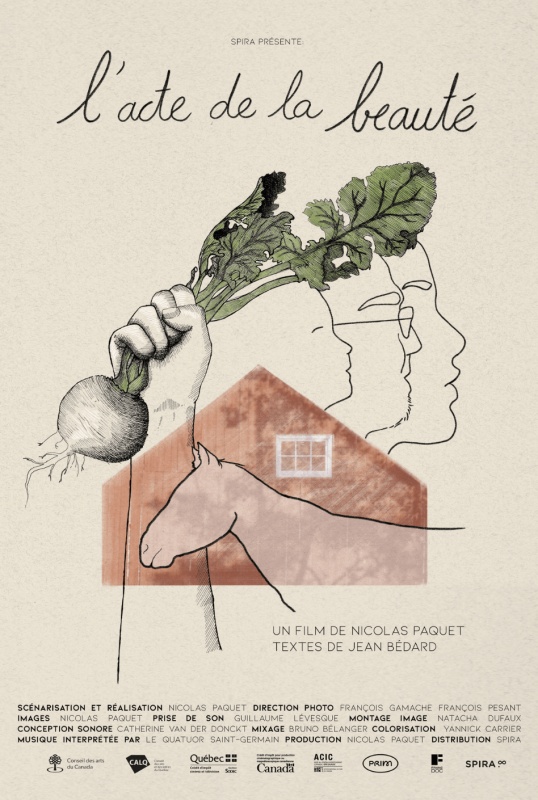Films catalogue
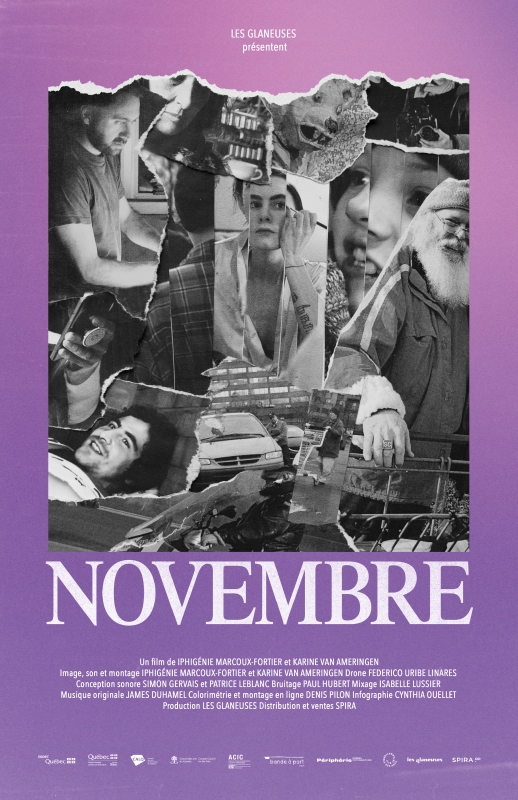
November
Synopsis
November is a peripatetic experience in search of the many souls who make up the city of Montreal, in that seasonal no man's land between colorful autumn and pristine winter, well known for its bent toward grouchiness. It’s an excursion through the streets of the city with its constant movement, a peek into the alienation of the modern urban world. November is the story of mixed Montreal identities in search of meaning and light.
Cast & Crew
- Screenplay, cinematographer, editor & sound : Iphigénie Marcoux-Fortier & Karine van Ameringen
- Sound editor : Simon Gervais & Patrice Leblanc
- Music : James Duhamel
Genre
Topics
Trailer
Biography
Les glaneuses is a small media company, created by documentary makers Karine van Ameringen and Iphigénie Marcoux-Fortier. Since 2003, the two women have been wearing out the soles of their shoes at home and abroad, following those sinuous paths that lead to surprising human encounters.
They have co-directed and co-produced several short films – "When Are You Coming Back?” (2005), Dear Rosalía (2008), Here we remain (2010), The Indians, the Eagle and the Turkey (2014) – and the feature film At the Threshold (2013). Their second feature, November is currently in production. Their films are poetic tales with a human face, addressing topics as varied as ethnic tourism, exoticism, indigeneity, identity, intercultural encounters, exile, absence and death.
Festivals
- 2023 -
Olhar de Cinema – Festival Internacional de Curitiba, Brésil
Film de clôture - Closing film | RIDM, Canada
Director’s statement
November beats to the rhythm of daily life, offering a documentary experience where the process creates the narrative framework. Indeed, the method and form of the documentary are intrinsically linked to the story being told.
The narrative tapestry is woven through encounters, from person to person. One person's life leads us to someone else's life, which leads us to another life and so on. The film thus makes visible the connections that unite the inhabitants of Montreal. Our lives are guided by certain principles, choices, obligations, and tastes. Our actions are tinged with certain values, our movements motivated by certain intentions. These are the hidden aspects of urban agitation.
November reminds us of the importance of each of these actions and invites us to look up to others. At the time when November was conceptually taking shape, Diane Poitras was launching her documentary "Nights." This work immerses us in the heart of Montreal through a multitude of nocturnal encounters, and it inspired us. November continues a similar quest for intimacy, while connecting people to each other in the city, somewhat in the manner of Richard Linklater's fiction film "Slacker," but with the constraints imposed by the unpredictability of reality. Not knowing exactly who the next person we will follow will be is an integral part of the game.
The cinematic process promotes the plurality and spontaneity of encounters, but we still take the time to listen to the buried truths that contribute to shaping our personal and collective identities. As our lives intersect, the city reveals itself through its many faces. A clue, a glance, a sound, an exchange, a transaction transports us from one universe to another. November invites itself into people's lives and lingers on certain stories until the time comes to move on to other unknown individuals.





